It's a bit late for a straight review, I know, as this Glyndebourne Festival Opera revival of one of the most ingenious and (hopefully) enduring productions the company has seen in recent years opened three weeks ago. I was down there yesterday giving a pre-performance talk, buoyed in the knowledge that Dvořák's heart-piercing tale of a water nymph betrayed in her quest for a human soul would once again have the benefit of director Melly Still's special vision. But could this year's soprano singing Rusalka and her tenor Prince live up to the white heat generated by their predecessors two years ago?
Absolutely, and they made the roles very much their own. Dina Kuznetsova is a less obviously svelte and sweet-faced nymph than Ana María Martínez (to be heard on Glyndebourne's CD release of the original team effort), but she's an equally intense and emotional singing actress, using her loveable mug to express pain as well as love, and holding her body in agonising poses as Rusalka cranes to seek a remedy from witch Ježibaba (true Russian contralto Larissa Diadkova again, a wonderful impersonation of neutral, grinning malevolence) and to crave abiding affection from a prince desperate for the human passion she can't provide - until it's too late. Pavel Cernoch was a revelation in the Glyndebourne on Tour Jenůfa, so it was a foregone conclusion that he'd be an ideally handsome prince with lashings of Eastern European tenor tone to match. He was stretched to the limit by the heldentenorish moments of this impossible role, but died from his damned sweetheart's kiss more affectingly than any other Prince I've heard.
There were a few changes: nuanced bass Mischa Schelomianski no longer sported his toadsuit as the water goblin - maybe, punters at my talk speculated, his agent said, "Mischa will only sing it again if he doesn't look so repulsive this time?" - and the aerobics and acrobatics seemed even more spruce on this occasion (some find it fussy, but Still is always attuned to the musical need for movement). Down in the pit, Sir Andrew Davis conducted with an ear for fine balances and all Dvořák's ravishing colours, even if the wilder moments - like the Wood Nymphs' breast-clutching cavortings - were tamer than under Jiří Bělohlávek. All the small parts were consummately well characterised and sung. This is Glyndebourne at its peerless best, a standard which Grange Park and Garsington, for all their admirable efforts, can't match. And then you walk out into the gardens and there's a full moon above the lake...

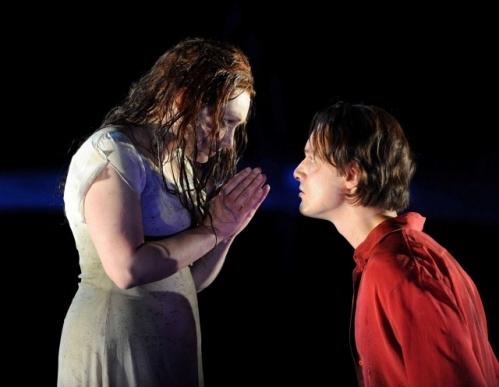



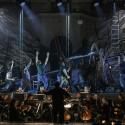
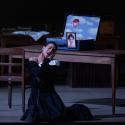
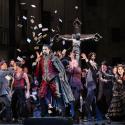


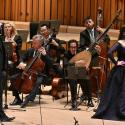
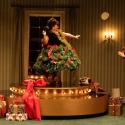

Add comment